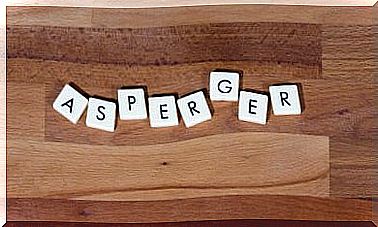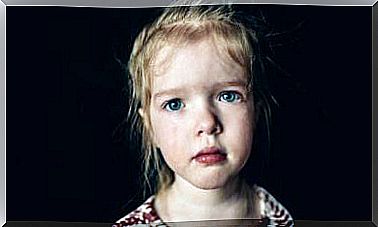Generosity From A Psychological Point Of View

Several new studies have been conducted in recent years on generosity from a psychological point of view. These studies reveal data that supports the benefits of practicing them. Some humanist-existentialist authors, especially Erich Fromm and Victor Frankl, emphasized ethical values and love.
In this regard, Fromm confirmed that ethical values and love are sources of psychological well-being and a characteristic of an emotionally healthy person (Oberst, 2005).
Generosity and gratitude are two important concepts that indicate the excellence of personal character (Emmons & Sheldon, 2002). In addition, they are complementary in a way.
Indeed, the relationship between these two concepts begins with an affective process of ‘giving’. Whether it is something material, advice or even just helping someone without expecting anything in return. Generosity is a prosocial behavior that aims to improve the well-being of another.
Maslow (2001) spoke of the ‘generous nature’ of people, as opposed to selfishness, and of ‘healthy generosity’.
He argues that there is a link between generous behavior and psychological health, because generous behavior stems from ‘abundance’ and ‘inner wealth’. Selfish behavior, on the other hand, is synonymous with inner poverty, typical of neurotic people.
Gratitude and generosity from a psychological point of view

From an ethical point of view, gratitude is defined as a moral virtue that, as such, indicates good behavior (McCullogh, Kilpatrick, Emmons & Larson, 2001). However, the definition, as moral behavior, forces us to attribute the benefits received as impersonal mandates (Blumenfeld, 1962).
Recognizing and appreciating the person who helped us does not mean we owe that person anything. While many people have suggested that gratitude and indebtedness are the same, they are essentially different (Watkins, Scheer, Ovnicek & Kolts, 2006). A debt requires repayment.
So it is important to emphasize that the giver’s action should be generous and not about seeking profit or rewards. Truly generous treatment is not intended to acquire debtors for selfish satisfaction.
Is Generosity an Indicator of Mental Health?

Generosity has been studied extensively, especially in the context of the scientific search for the origins of altruism. In addition, several empirical studies currently consider it a good indicator of mental health.
The sense of belonging to a community is one of the foundations of psychological well-being. This is why its absence is an indicator of poor psychological adjustment and mental disorders.
For example, when a child fails to develop a certain sense of community as a result of, among other things, an overly authoritative or overly acceptable parenting, feelings of not belonging, of inadequacy and the infamous inferiority complex arise (Oberst, 2005).
Feelings of inferiority are difficult to endure. Therefore, the usual tendency is to compensate and overcompensate for them with what Adler calls “greed for superiority or eagerness for power.” This is a characteristic that, according to Adlerian psychology, is often the cause of many mental disorders.
Neurotic disposition
A person with feelings of inferiority and therefore with a poor sense of community would develop what Adler calls “neurotic predisposition” (Adler 1912/1993).
It can manifest in various ways that we would define more accurately today as neuroticism, as a personality trait, in addition to psychosomatic disorders and personality disorders.
From this supposed inferiority arises a disturbance of the emotional life. That is, the neurotic person is no longer able to interact with others in a natural, spontaneous way. They constantly try to achieve conceited triumphs to make up for their inferiority.
When this disposition is accentuated or when psychosocial problems come together, character deformities such as greed, resentment, malice and cruelty can occur. All this is done to escape the unbearable feeling of being inferior or undervalued.









